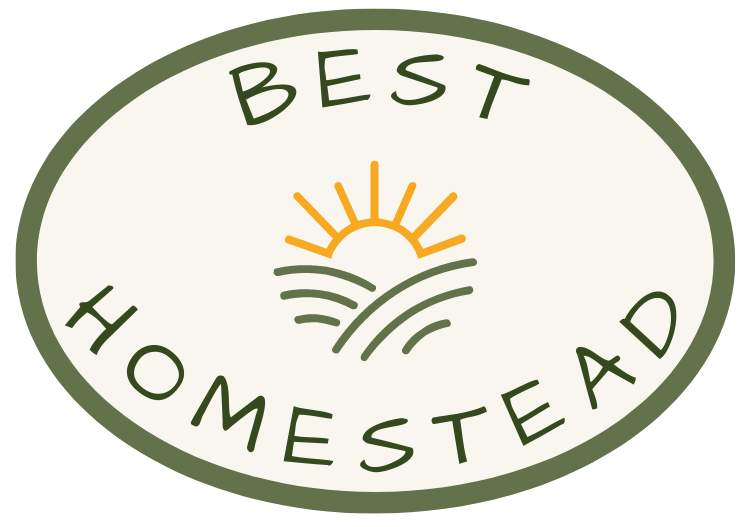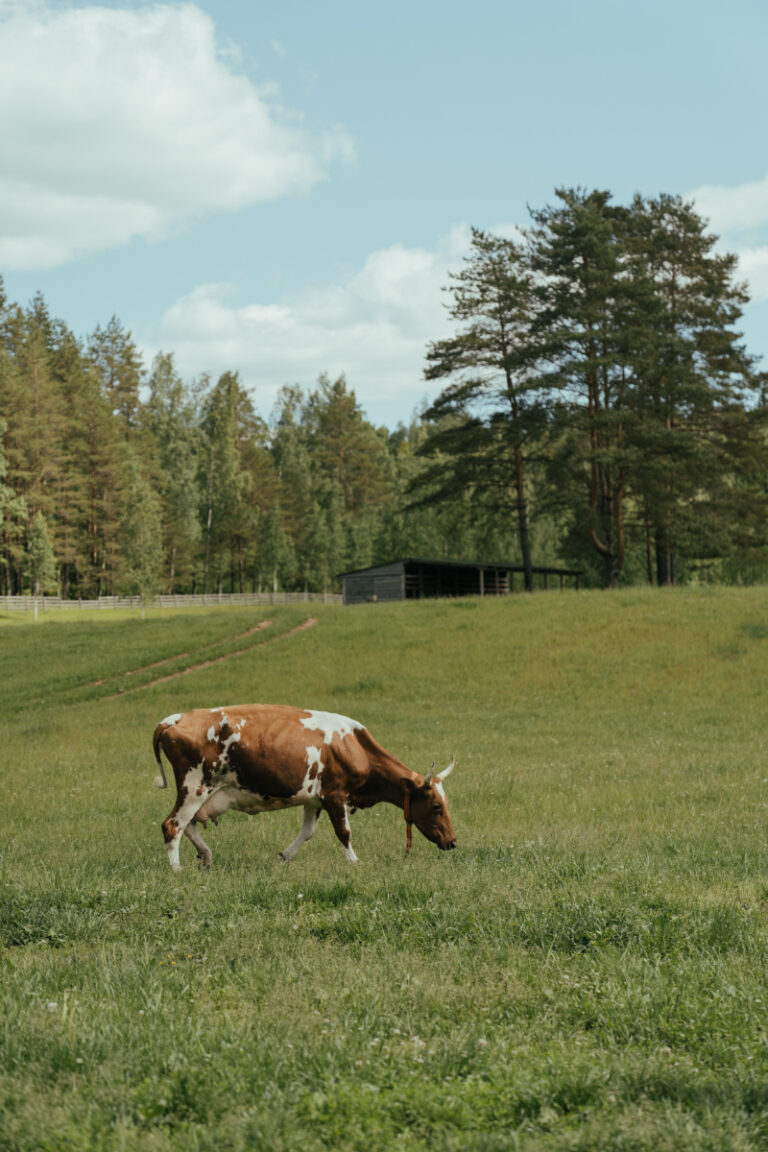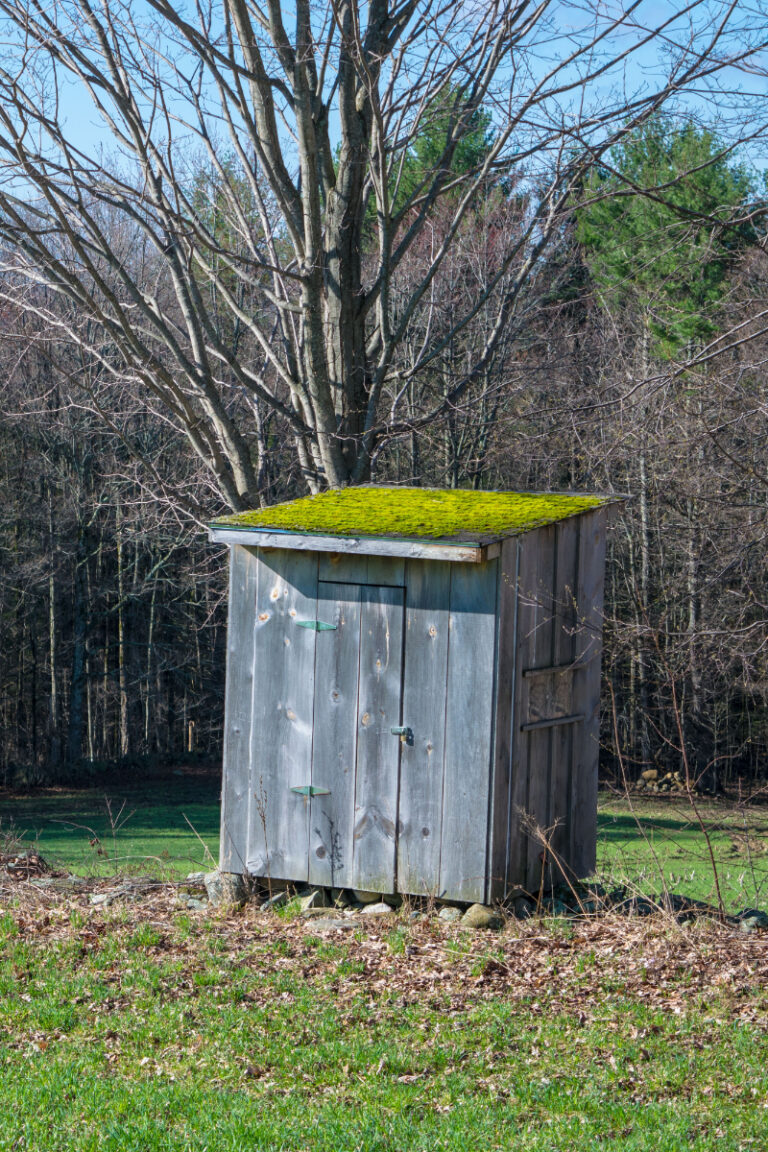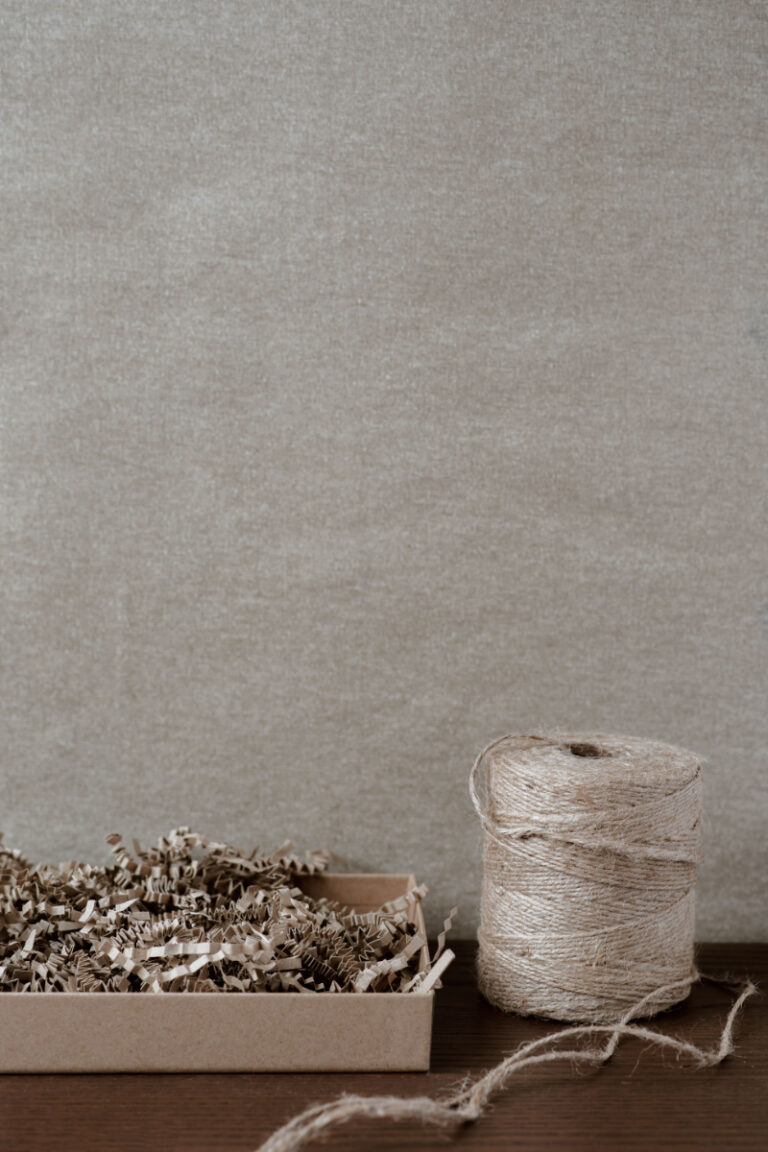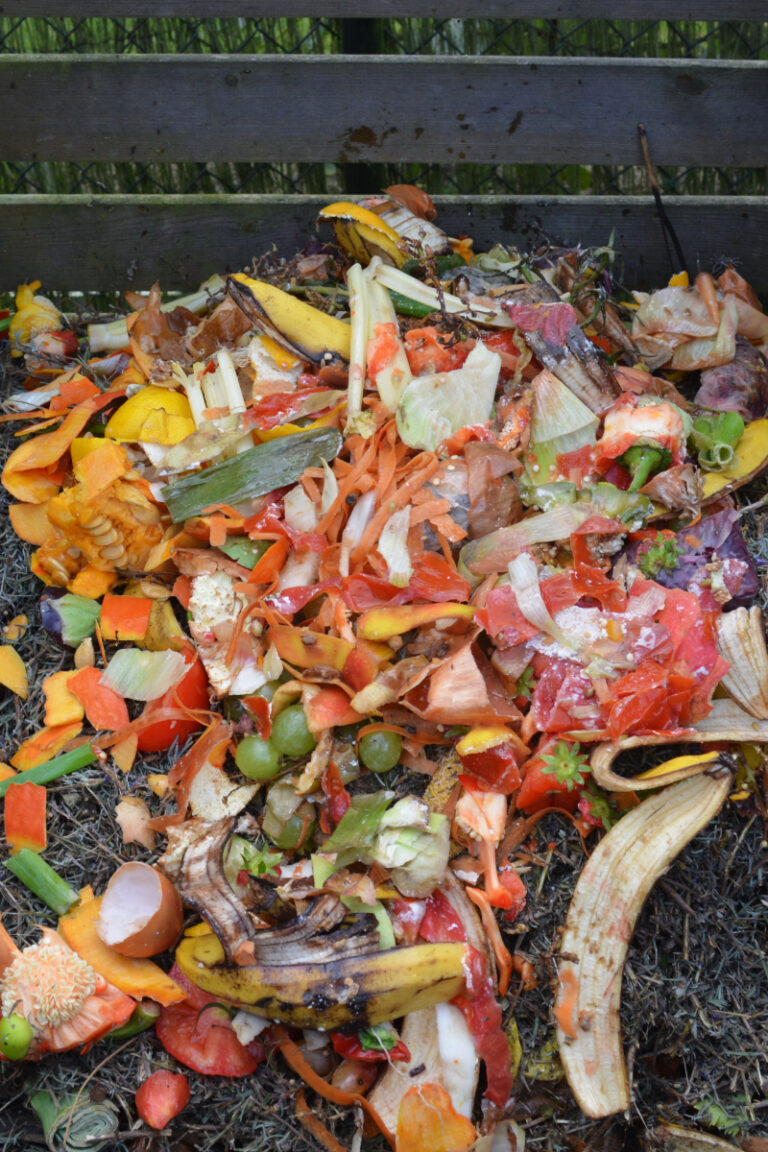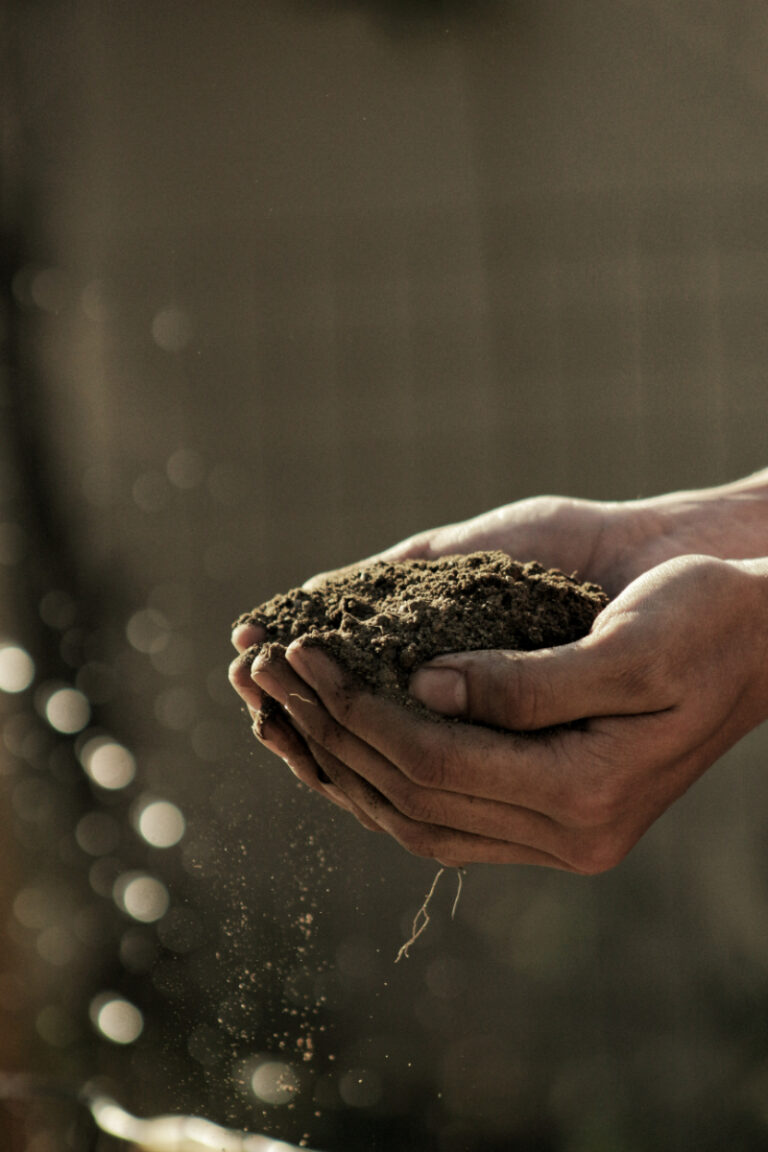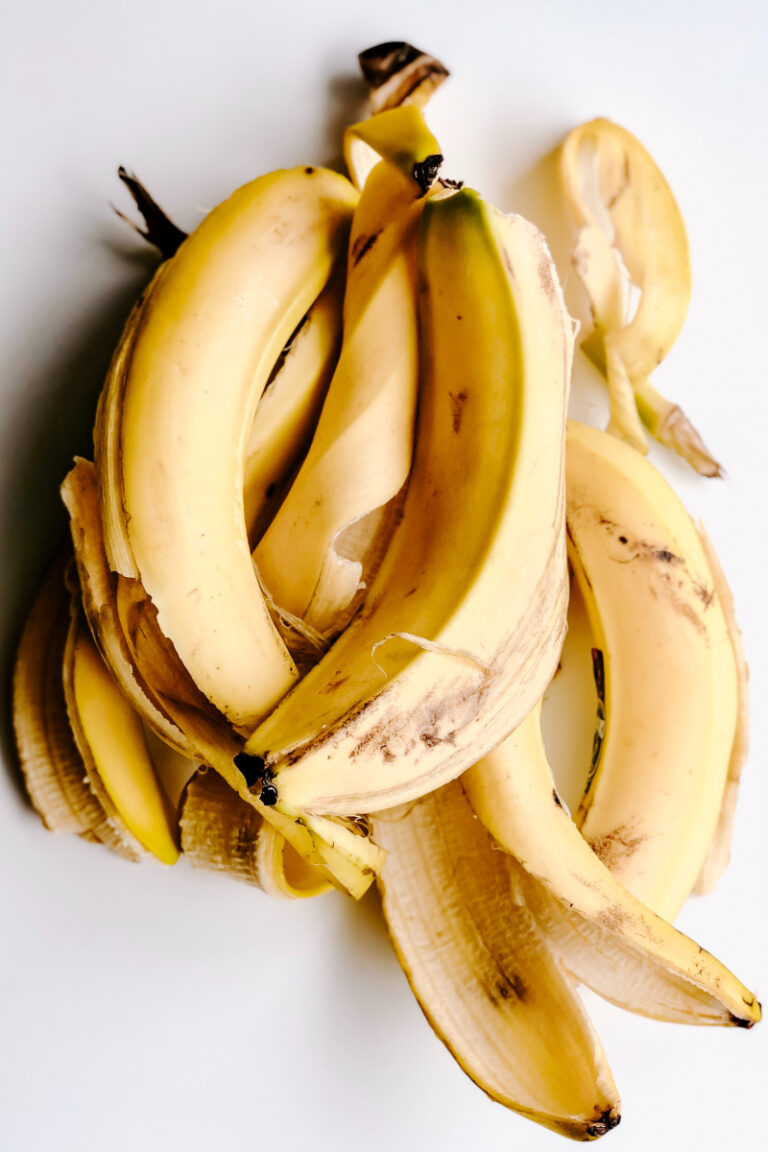Unlock the Mystery: Composting Cheese in Your Garden
You’ve been thinking about composting for a while now, haven’t you? Perhaps you’re already doing it and exploring ways to maximize your compost pile’s potential. Or maybe you’re just starting, trying to understand the ins and outs of this eco-friendly practice. Either way, you’ve stumbled upon a rather interesting question: Can you compost cheese?
Composting is a natural process that turns organic material into a nutrient-rich soil conditioner, the perfect supplement for your garden. It’s an excellent way to reduce waste and contribute to a healthier environment. But when it comes to composting cheese, things get a little bit trickier.
In this guide, we’ll explore your curiosity about composting cheese and provide you with the information you need to make an informed decision. So, let’s delve into the fascinating world of composting!
Can You Compost Cheese? A Comprehensive Guide to Composting Dairy Products at Home

Understanding Composting
Before you can decide whether or not to compost cheese, it’s important for you to understand what composting is and how it works.
Composting is a natural process where organic waste decomposes into a rich, earthy material known as compost. This is all thanks to the work of microorganisms, insects, and worms breaking down your kitchen scraps and yard waste.
The resulting compost can act as an excellent soil conditioner, providing your plants with essential nutrients and improving soil structure.
You might be wondering why you should bother composting in the first place. Besides the obvious environmental benefits of reducing waste and cutting down on greenhouse gas emissions, composting offers personal benefits too.
It can save you money on garden fertilizers and soil conditioners since you’re making your own right at home. Plus, it can help improve the health and productivity of your garden, leading to better growth and yield.
Now that you’ve got a basic understanding of what composting is and why it’s beneficial, let’s start to address the question that brought you here: Can you compost cheese?
To answer this, you need to know what types of materials are suitable for composting and why certain items might be better for your compost pile than others.
What Can You Compost?
As you delve deeper into the world of composting, you’ll find that there’s a wide variety of materials that you can add to your compost pile. Understanding what you can and can’t compost is crucial for maintaining a healthy and efficient compost pile.
In general, you can compost organic waste, which includes both ‘green’ and ‘brown’ materials. Green materials are typically wet and rich in nitrogen. They include vegetable scraps, coffee grounds, fresh grass clippings, and eggshells. These materials provide the necessary nitrogen to fuel the decomposition process.
On the other hand, brown materials are dry and rich in carbon. They include fallen leaves, straw, paper, and wood chips. These items provide the carbon needed to balance the nitrogen-rich green materials and help maintain a healthy compost pile.
Now, where does cheese fit into this scheme? Cheese is an organic material, but it’s also a dairy product, which falls under a category of compostable items that require special consideration. This is because they can attract pests and cause odors if not composted correctly.
Before deciding to compost cheese, you need to consider several factors, including the type of composting system you have, the climate in your area, and whether or not you’re willing to put in the extra effort to manage potential issues. Let’s dive into this further in the next section.
The Cheese Question
So, you’ve made it this far and you’re still wondering: Can you compost cheese? The answer is not as straightforward as you might have hoped.
Cheese, being a dairy product, is indeed organic and can decompose. However, it falls into a particular category of organic waste that’s a bit more complicated to compost than your regular fruit and vegetable scraps.
This is because cheese, especially when it starts to decompose, can attract unwanted pests to your compost pile. Rodents, flies, and other critters might be drawn to the scent of decaying cheese and decide to make your compost bin their new dining area. This is particularly true if your compost bin isn’t sealed or if it’s easily accessible.
Additionally, cheese can also cause unpleasant odors as it breaks down. This might not be an issue if your compost bin is far away from your house or if you’re not bothered by the smell. But if your compost bin is near your home or you have neighbors close by, this could potentially cause a problem.
Considering these factors, you have to decide whether composting cheese is worth it for you. Would you be able to manage potential pests? Could you tolerate possible odors? Do you have the right type of compost bin or system to handle cheese?
These are all questions you need to ask yourself before tossing that old block of cheddar into your compost pile.
The Pros and Cons of Composting Cheese
To help you make an informed decision about composting cheese, let’s weigh the pros and cons.
Starting with the pros, composting cheese is a great way to reduce waste. Instead of throwing old or unwanted cheese into the trash where it will end up in a landfill, you can add it to your compost pile.
Cheese is also rich in nutrients. When it breaks down, it can contribute valuable nutrients to your compost that can benefit your garden. This includes proteins, which can be converted into nitrogen – a key nutrient for plant growth.
However, there are also cons to consider. As mentioned earlier, cheese can attract pests to your compost pile. From rodents to insects, these uninvited guests might become a nuisance and even disrupt the composting process.
Another downside is the potential for bad odors. Decomposing cheese can produce a strong smell that you or your neighbors might find unpleasant.
Lastly, cheese can take longer to decompose than other kitchen scraps due to its high fat and protein content. This means it could potentially slow down the overall composting process.
After evaluating these pros and cons, you’ll need to decide if composting cheese aligns with your composting goals and capabilities. If the cons outweigh the pros for you, don’t worry. There are plenty of other materials you can compost instead, and we’ll discuss some alternatives to composting cheese in the next section.
Expert Opinion on Composting Cheese
Given the complexities of composting cheese, it’s worth considering what experts have to say. Many agree that while cheese can technically be composted, it’s not always the best choice for home composters.
Experts suggest that if you’re interested in composting cheese, you should do so with caution. Small amounts of cheese can be added to a well-managed compost pile, but larger quantities can cause problems such as attracting pests and creating unpleasant odors.
Furthermore, it’s recommended that you bury cheese deep within your compost pile to help minimize these issues. This can help mask the scent of the decomposing cheese, making your compost pile less attractive to pests.
If you’re using a tumbling composter or a sealed compost bin, you might have more success composting cheese. These systems are better equipped to handle materials like cheese because they’re enclosed, which helps prevent pests from accessing the compost.
However, if you’re using an open compost pile or bin, composting cheese might pose more challenges. In these instances, you’ll need to be more diligent about managing your compost to prevent problems.
Remember that every composting situation is unique. What works well for one person might not work as well for another. Therefore, you should take this expert advice into consideration and adapt it to your own composting habits and circumstances.
Alternatives to Composting Cheese
If after reading this guide, you’ve decided that composting cheese isn’t for you, don’t worry! There are plenty of other ways to reduce waste and create nutrient-rich compost for your garden.
Firstly, focus on composting the wide range of materials that are easy and efficient to compost. This includes fruit and vegetable scraps, coffee grounds, eggshells, grass clippings, leaves, straw, and paper. These items will break down quickly and won’t attract pests or create unpleasant odors.
Secondly, consider starting a worm farm or vermiculture system. Worms love eating organic waste and can process certain materials more effectively than a traditional compost pile. They can even handle small amounts of cheese. Plus, they produce worm castings, which are incredibly nutrient-rich and beneficial for your garden.
Lastly, if you frequently have cheese waste, you might want to explore other methods of disposal. Some cities offer green waste collection programs where they’ll collect and compost your food scraps for you. Alternatively, you could look into donating or recycling your cheese waste. Some farms or community gardens might be able to use it, or you could research local cheese-making classes or groups that might be interested in it.
Remember, the goal of composting is to reduce waste and create nutrient-rich soil for your garden. There’s no one-size-fits-all approach, and what’s most important is finding a method that works well for you.
Conclusion
Composting is a fantastic way to reduce waste and create a nutrient-dense soil amendment for your garden. While cheese can technically be composted, it comes with its own set of challenges, including the potential to attract pests and create unpleasant odors.
If you’re an experienced composter with a well-managed system, you might be able to successfully compost small amounts of cheese. However, if you’re a beginner or have an open compost pile, you might want to stick to easier-to-compost materials.
Remember, the goal of composting is not to compost every single scrap of organic waste you produce, but rather to reduce waste and improve soil health in a way that works best for you. Whether you decide to compost cheese or not, know that every bit of waste you compost is a step towards a healthier planet.
So keep composting, keep learning, and don’t let the question of whether or not to compost cheese deter you from this rewarding practice. Happy composting!
